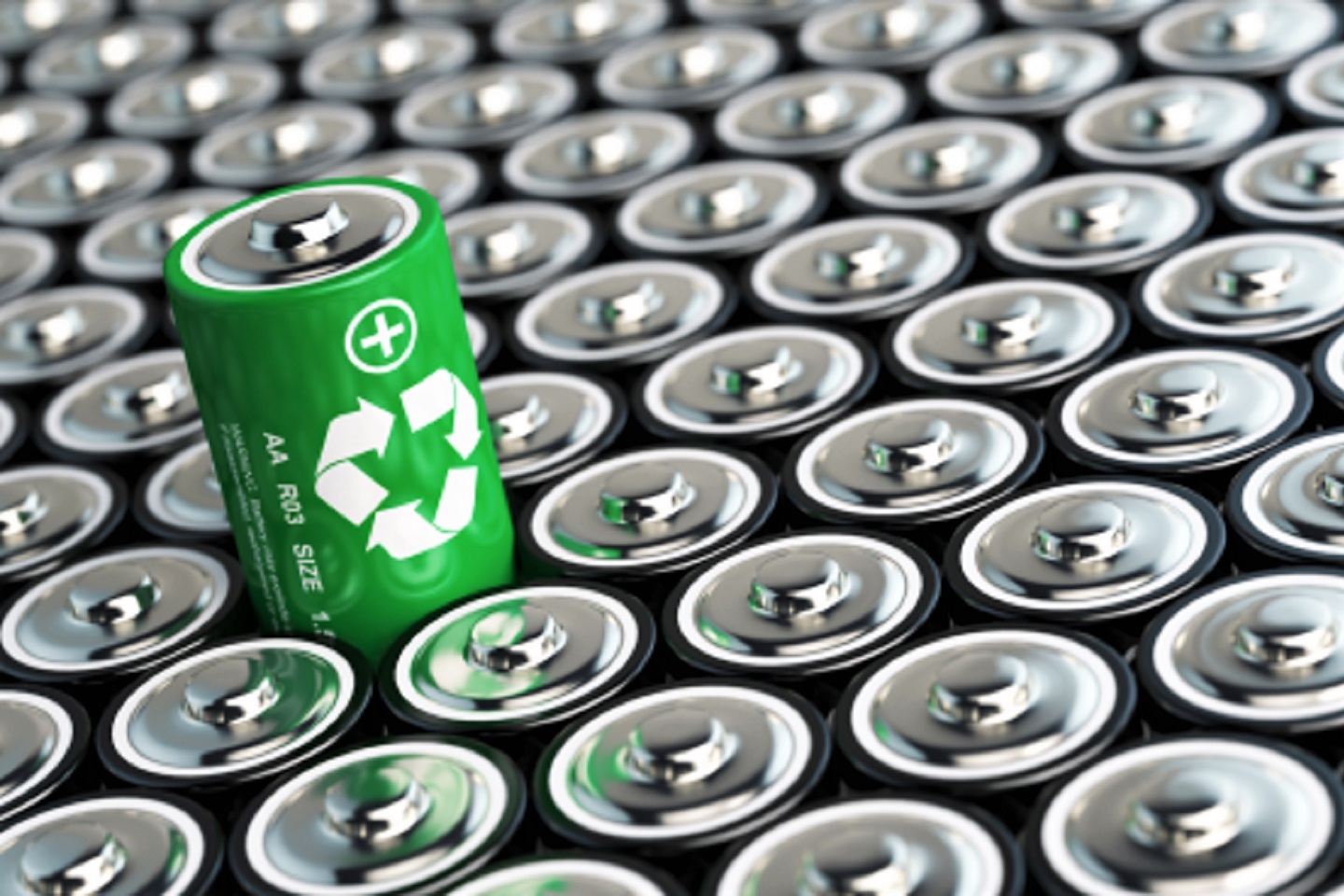A significant increase in recycling division sales has doubled Lithium Australia’s annual revenue in the past financial year to $5.5 million, up from $2.5 million during the previous reporting period. Associated sales costs were also cut by $600,000 down to $4 million, resulting in a gross profit of $1.5 million for the year compared to a gross loss last year of $1.7 million.


A significant increase in recycling division sales has doubled Lithium Australia’s annual revenue in the past financial year to $5.5 million, up from $2.5 million during the previous reporting period.
The company’s annual financial report also reveals that associated sales costs were cut by $600,000 down to $4 million, resulting in a gross profit of $1.5 million compared to a gross loss last year of $1.7 million.
Lithium Australia says the primary drivers for the improvement relate to increased collection and processing of end-of-life batteries, the introduction of rebates from the “B-Cycle” scheme and improvements in operation efficiencies within its recycling division. B-cycle is the Australian Government-backed battery recycling scheme developed by the Battery Stewardship Council and launched in January last year.
Lithium Australia chief executive officer Simon Linge said: “We are pleased about the financial improvement from our Battery Recycling division with a close to 50 per cent increase in sales coupled with lower cost of sales. During FY23, a number of cost saving initiatives were undertaken which will deliver into FY24, including closure of a Melbourne recycling site and consolidation of the Perth office.”
Earlier this month, Lithium Australia signed a deal with mining heavyweight Mineral Resources to progress the former’s lithium extraction technology “LieNA”, by solely funding the development and operation of a pilot plant up to the value of $4.5 million, in addition to providing the raw materials.
Subject to the pilot plant results, Mineral Resources and Lithium Australia will form a 50:50 joint venture (JV) to own and commercialise the LieNA technology through a licensing model. The JV plans to license the technology to third-parties at a target headline gross product royalty rate of 8 per cent.
Lithium Australia subsidiary Envirostream recorded 1347 tonnes of batteries collected during the past financial year, representing an increase of 24 per cent compared to the 1086 tonnes gathered in the previous reporting period.
According to the parent company’s March quarterly report, Envirostream also generated a comparative cash gross profit of almost $1 million in the nine months prior to the report.
Lithium Australia has pivoted in recent times from its original purpose as a minerals explorer to concentrate on recycling technologies and lithium processing. It made a request to the ASX last November to be reclassified as a materials entity and not an explorer.
The company’s main ambitions now include growing its battery recycling business and commercialising a product to rival conventional lithium-ion batteries with its LFP cathode powders through another subsidiary, VSPC.
According to the CSIRO, Australia generates about 3000 tonnes of lithium-ion battery waste each year. Only 2 per cent of the waste is recycled and Australia’s leading scientific authority says the figure could grow to 100,000 tonnes by 2036.
Is your ASX-listed company doing something interesting? Contact: matt.birney@businessnews.com.au












